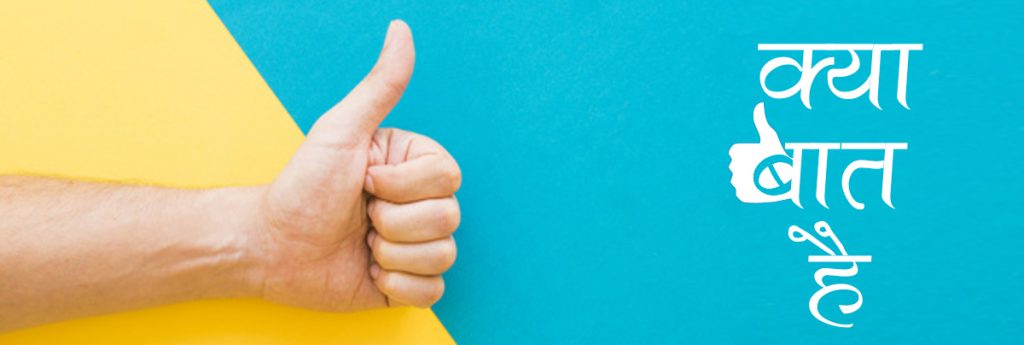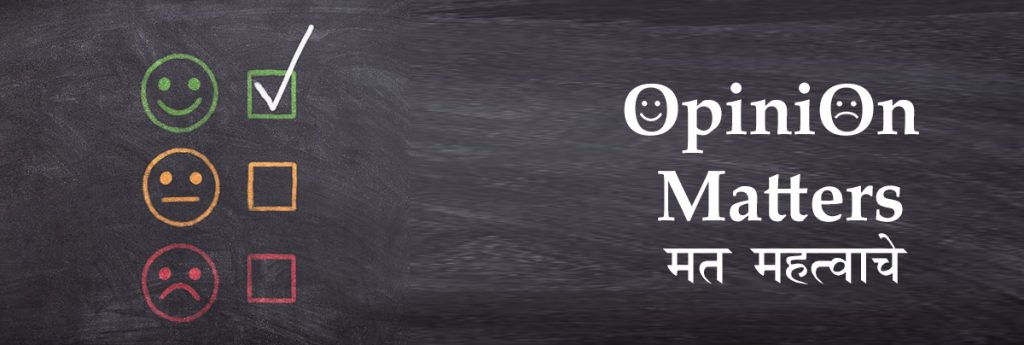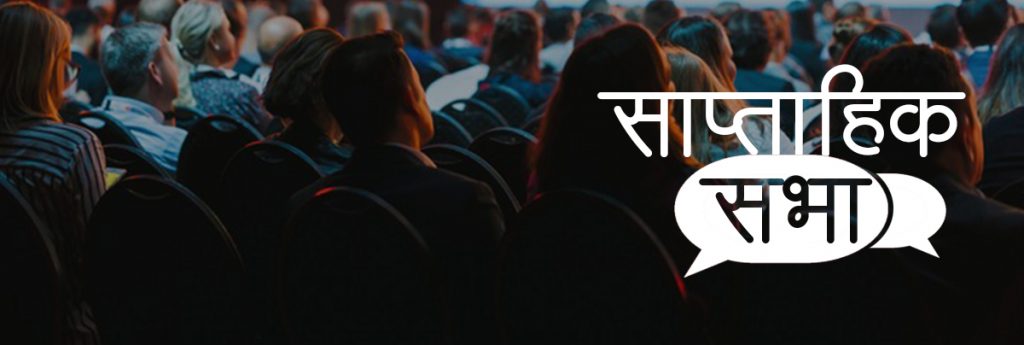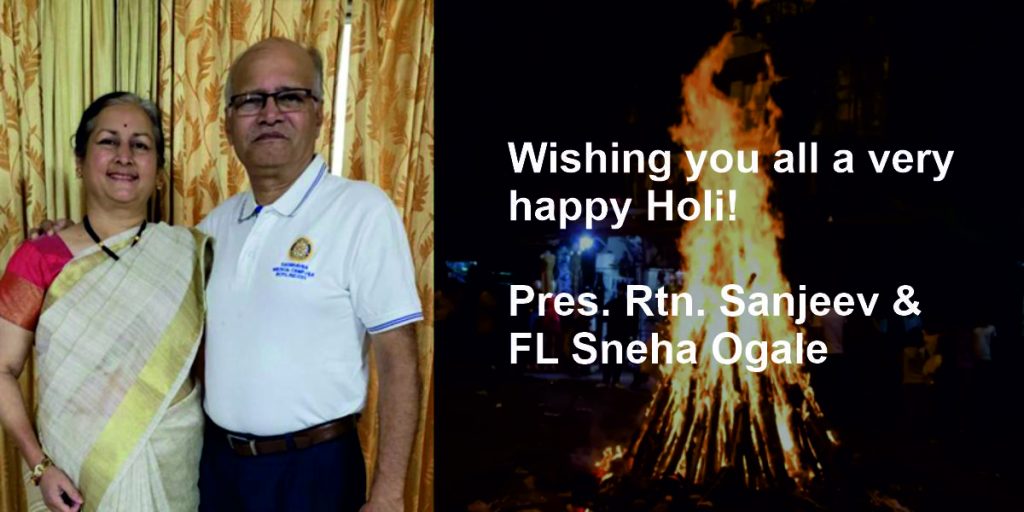
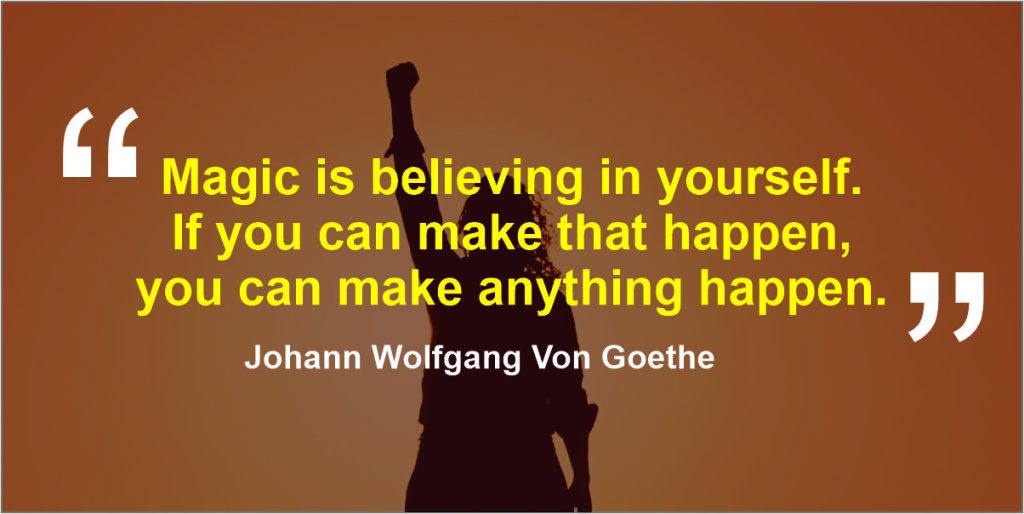
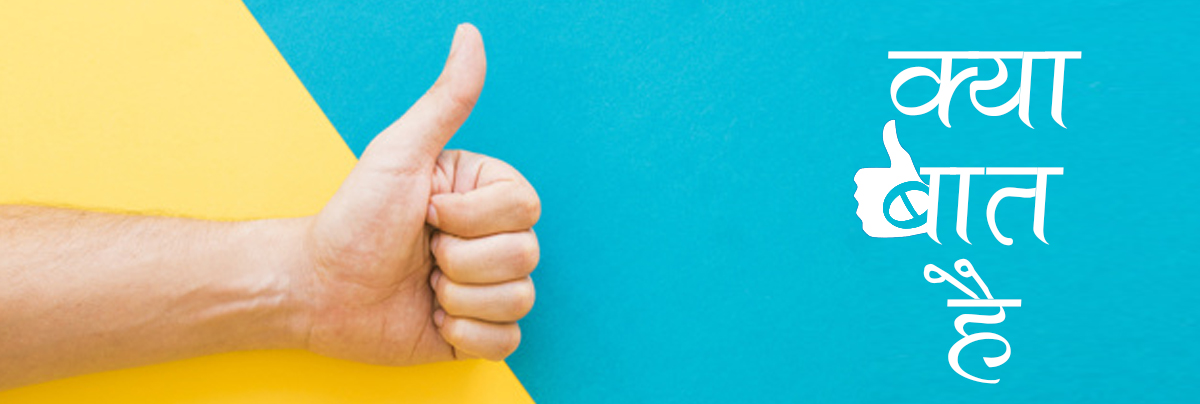
Annet Bhagyashree Ogale Completed Apollo Full Marathon of 42.2Km at Delhi under the coaching of Dr. Kaustubh Radkar.

RCPS club is in Top 10 for Rotary's APF(Annual Program Fund) giving clubs in 2022-2023.
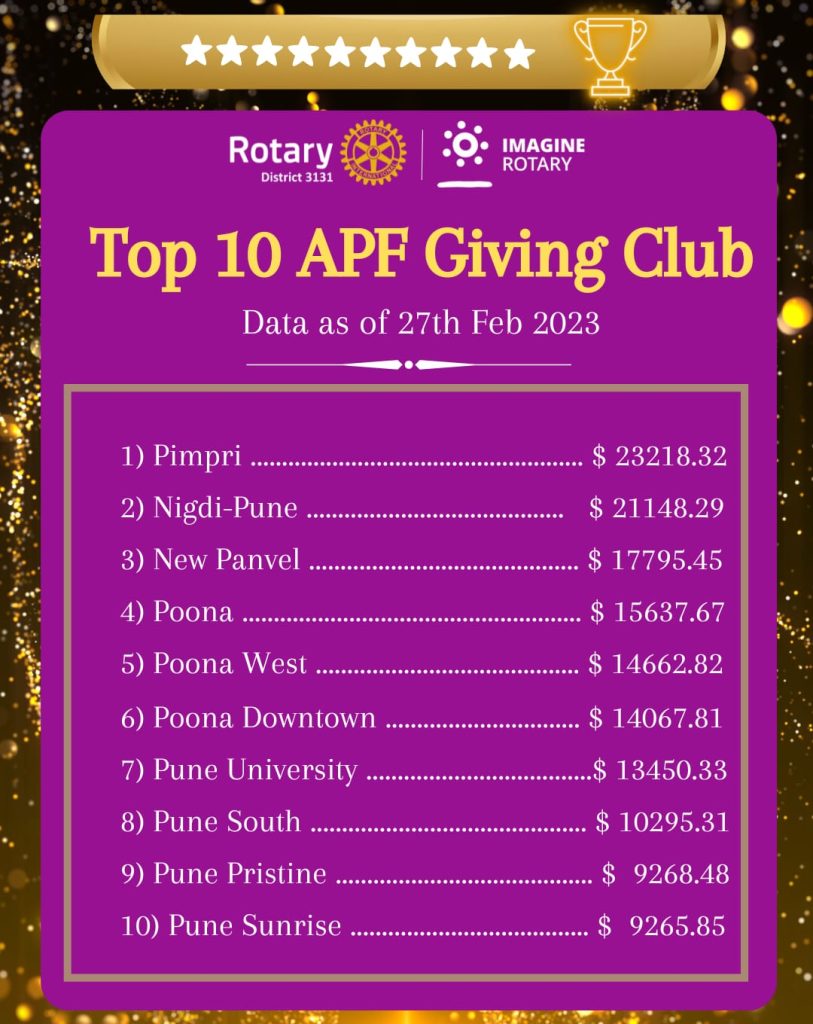
Symbiosis Institute invited our PP Dr Sudhir Waghmare as a Key note speaker during the prestigious Dandekar Memorial Symposium today at Vishwa bhavan, Pune.
More happy to inform that his son Annet Sushrut Waghmare was also invited to speak on Youth leadership & mental health.


As usual, when Europe became aware of the old Indian drama, credit for the origin was given to Greek Drama,i.e.western civilization. It was because, before the discovery of old Indian drama no other form of drama, except Greek Drama ,was known. At the same time Alexander had established his rule on the frontiers of India which lasted for many centuries. So,there might have been a Greek influence in old Indian drama. This aspect was closely studied and debated by scholars throughout nineteenth century and it is now realized that Old Indian Drama is fully independent in it's form and development. Origin of the drama can be traced back to hymns and the conversations in Rig Veda, which are rhythmic in nature and have dramatic characters. In Ramayana and Mahabharata Nataka or Drama is mentioned. It developed through the songs, music and dances of the Lord Krishna's story. Panini in 6th and 7th century also mentions about Indian drama.
A critical book on Indian Drama ' Natya Shastra' was written by 'Bharat Muni' in 3rd century AC(anywhere between 500B.C to 300 AC).15 chapters with 6000 poetic verses dedicated to the performing art of drama are included in the book. This kind of book must have been written, based on previous books, and only when the art of performing drama was fully developed during the centuries of performances. An ancient drama theater belonging to 2nd century has been unearthed in Ramgadh Hills of Chota Nagpur. This playhouse fits with the general description given in ' Natya Shastra '.
It is generally believed now that Sankrit drama was fully matured by 3rd or 5th century BC . It was a custom to mention earlier authors or plays during the drama. These authors and their work has not been fully found. One of the name mentioned in the dramas is that of Bhasa.He was born in 3rd century AD. 13 of his plays have been discovered uptill now. One of his well-known creations is' Swapna Vasudatta '. Many of his plays are adoptions from the epics of Ramayana and Mahabharata. He introduced the battle scenes and scenes of killings on the stage. Earliest Sankrit plays discovered are written by Ashvaghosha, on palm leaves. They were found at Turfan on the borders of Gobi Dessert. Ashvaghosha lived from 80 c.e. to 150 c.e.He was born in Ayodhya.He had adopted Buddhism and wrote 'Buddha Charita'.He is considered as a father of Sankrit Drama. He was a spiritual counselor in Kanishka court.He was popular in India, China and Tibet. His book was translated in Chinese, by an Indian scholar,long ago. These and the subsequent discoveries will throw new light on the history and development of old Indian drama.
'Shakuntal ' was the first drama to be translated in English and other European languages. It was published in 1789.It created lot of interest in Western World. Idea of introduction before play 'Faust' was picked up from Kalidasa's prologue, which was the usual practice in Sanskrit Drama. ' Faust ' is a western legend where a person sales his soul to Devil.Kalidasa is considered to be the greatest dramatist in Sankrit literature. Most probably Kalidasa existed in 4th century, during the reign of Chandragupta 2nd, named as Vikramaditya of Gupta Dynasty. Kalidasa was considered to be one of the nine gems of 'Vikramaditya ' court. His genius and his works were well appreciated in his times and he had a good life, which are reflected in his plays and poems. He wrote KumarSambhavam,Shakuntalam,
Long before Kalidasa, Shudraka's 'Mrichhkatika' was produced. Shudraka might have been a 3rd century Abhira King. About 400 AC during the rule of Vikramaditya 2nd Vishaka Datta produced 'Mudra Rakshasa',which is a political play. It deals with the time of Chandragupta Morya and his chief minister Chanakya is the hero.It is also relevant in today's times. Emperor Harshawardhan who ruled Northern India between 606AC to 647AC wrote three plays, such as Ratanavalli, Nagnanda and Priyadarsika.Some say that these plays were written for the King by one of the scholars in his court. Bhavbhuti was the court poet of King Yashovardhan of Kannauj. He was born at Padmapura in Vidarbha, as Shrikantha Nilakantha. He wrote a play' Malati Madhav '.He was famous for his beautiful language and is very popular in India. He is considered as next to Kalidasa. Prof. Wilson, a professor of Sanskrit in Oxford University says' It is impossible to produce language so beautifully musical, attractive and impressive, like produced by Bhavbhuti and Kalidasa'.
Though production of Sankrit Drama continued for centuries, its quality declined after Murari in ninth century. Murari wrote Anarghraghava, a story of Ramayana. This decline was also seen in the general life of the society. It might be due to the lack of Royal support or may be due to the frowning upon by the foreign Islamic invaders, like Afghans and Moghuls on Indian art forms. Tradition of drama in local or prakrit language continued. This decline of Sanskrit Drama happened in North as well as South India. It is a recorded fact that Islamic Rulers, with few exceptions,encouraged Indian artistic culture.Indian music was adopted by Muslim Court.Some of the greatest masters of music were in Muslim Courts, though some of them were converted Muslims. Ibrahim Adil Shah of Bijapur wrote a critical book on Indian music.
Sanskrit Drama declined because everything in India, along with Sanskrit language, was declining.It declined long before foreign Islamic invaders came to India. Sanskrit had to compete with Persian language. There was also a wide gap between Dramatic Sanskrit and day to day languages.By 1000AC Prakrit languages were being used in the literature. Even then , Sanskrit Drama continued to be produced and performed right through the middle ages up to the recent times. Research and new findings are being made of the old manuscripts.A compromise was done in the language of old Indian dramas by incorporating one or two popular local variations of Sanskrit (Prakrit) in the script. But the main language,along with the poetical and lyrical passages , was in Sanskrit. Mainly old Sanskrit Drama was ment for sophisticated audience and royalty. Sylvian Levi, who was an Orientalist and Indologist compares Sanskrit plays with French Tragedy, which also were confined to French Royal,noble and intellectual audience.
In addition to the classical Sanskrit theater, there use to be dramas performed for general population, which were in local language, based on popular mythological stories and epics .
Sanskrit plays were for the sophisticated all Indian audience. There used to be detail written directions for acting and stage management and even sitting arrangements for the audience. Unlike in Greece actresses used to participate in the drama. Poetry was recited lyrically which was full of meaning and significance. In Greek drama as well as in Sanskrit drama there is similarity in customs and philosophy .But basically both are different. Greek drama hilights tragedy,human sufferings, evil In life, mistry of Religion and God. How sad is human life, who is a toy in the hands of fate. A person must learn from sufferings which are inevitable and if he is lucky, he will overcome the evil.In Sanskrit Drama tragedy and evil were not glorified. In fact there is no tragic end in Sanskrit Drama. The fundamental philosophy of life was not discussed in the drama, because that philosophy, which was the part of the religion, was accepted blindly,without questioning, like rebirth or cause and effect. Anything happening without reason was not accepted, because whatever that happens is the effect of the deeds of the previous life.There is no outside force that causes misery or happiness but is the effect of your own deeds, good or bad.Though philosophers and thinkers were not satisfied by these explanations in the religion and were continously searching for the right answers, generally life was governed by the above doctrines and dramatist were aware of them.Dramatc literature was governed by strict rules. Hero was always almighty facing all odds with courage and overcoming them.Villain was always evil. There were no intermediate shades of character.
Still the Old Indian drama was not without colors .There were intense dramatic situations and emotional scenes of life, though unrealistic, realistically presented,like a picture in a dream. It was a Poet's fantasy presented in an impressive and attractive language. It seems that the life in India at that time was very peaceful, satisfying and stable.The life flowed calmly, and whatever disturbances that occurred only ruffled the surface. Greek Tragedy is like a frightening gale,though depicting human emotions artistically. Still the Nataka, says Levi is the happiest finding of the Indian genius.
An English translation of Mrichhkatika was staged in New York in1924 and was well received.

19 February 2023
Fitness Fellowship at Taljai
26 February 2023
Heritage Walk
Thank you Rtn Gouri khirsagar for wonderful heritage walk.
Thank you president Sanjeev for delicious brunch. Enjoyed every moment of Sunday morning.
Looking forward to seeing many more heritage places.
🌹🙏🙏🌹

Free eye surgery project by RCPS
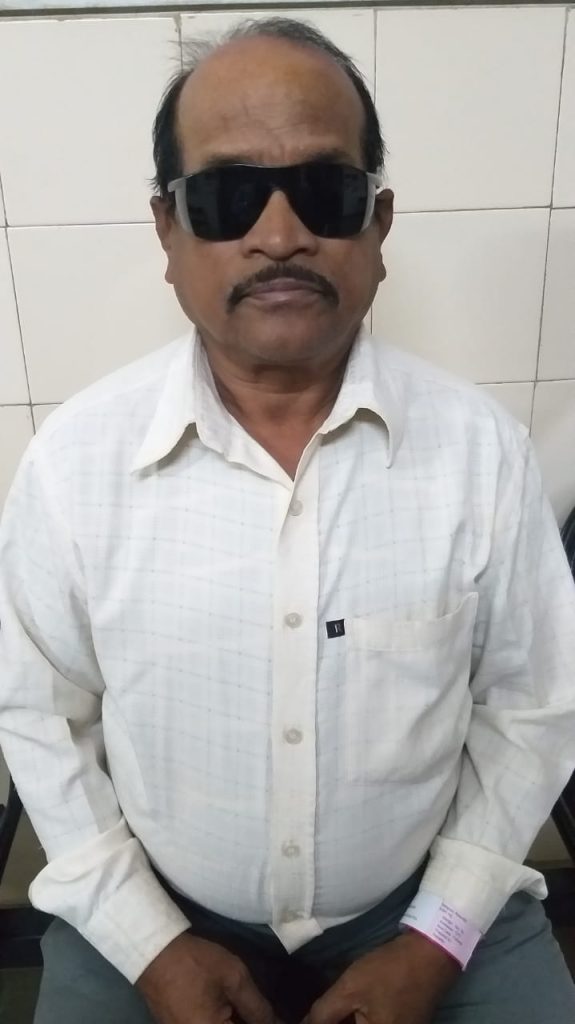
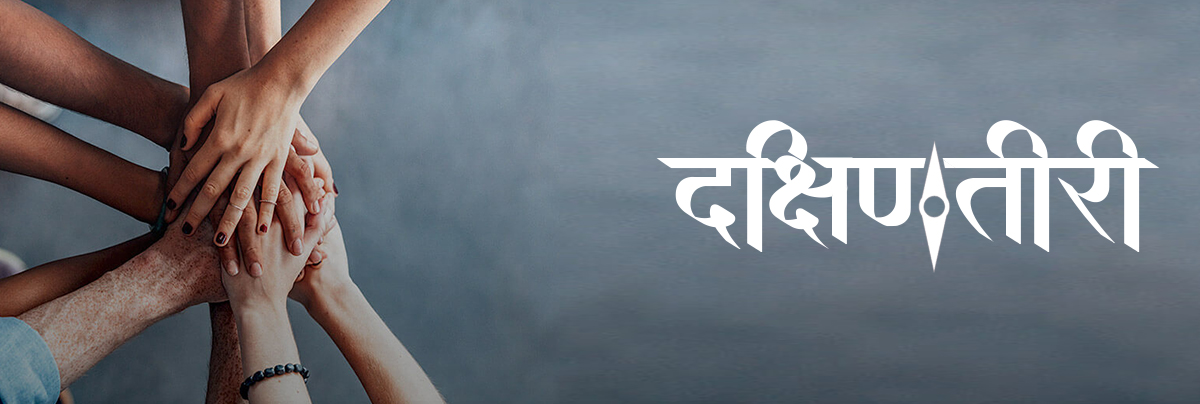
Our group organized a special visit with Borderless world Foundation's Kashmiri girls tour of Pune METRO 🚇 STATION.
DG Dr. Anil Parmar & P.P.Rtn. Viren Shah were also joined kids during this visit.
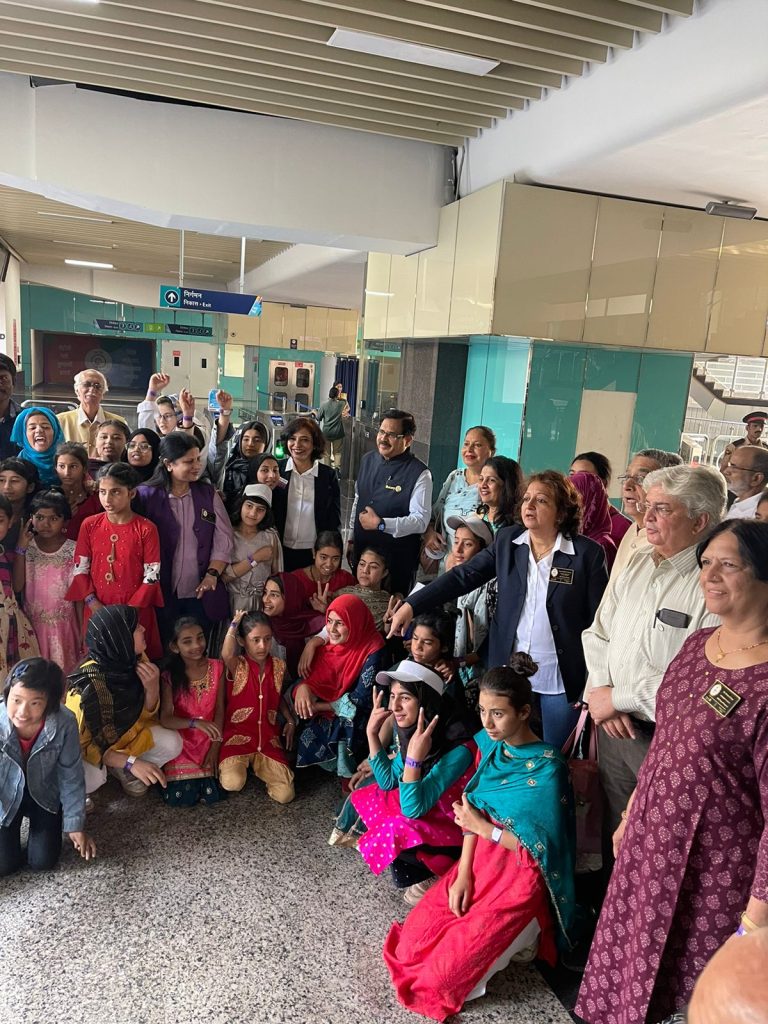
1 March 2023
Eco Club Program
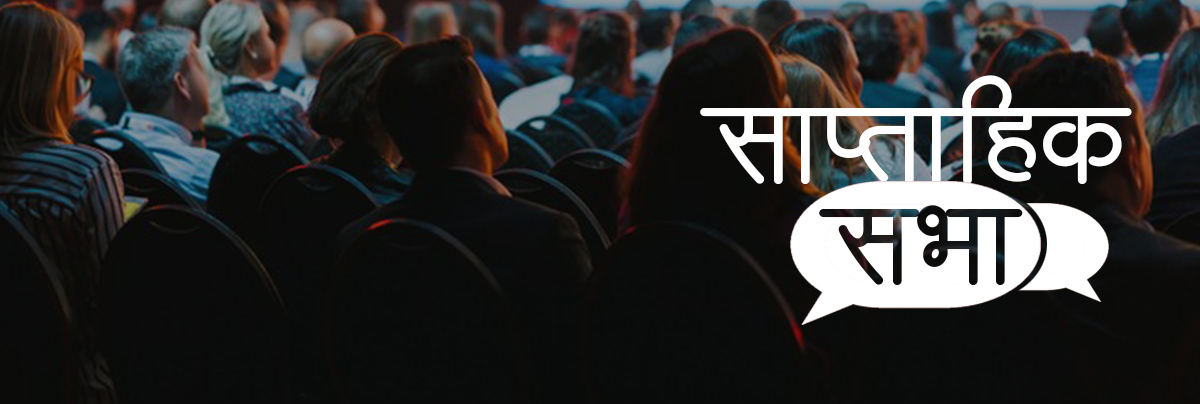
6 February 2023
Old silk route - An interesting story by Pratima Durugkar
13 February 2023
Assimilation Committee Meeting to welcome new and prospective members
13 February 2023
Assistant Governor Rtn. Amruta Devgaonkar's visit to RCPS club
20 February 2023
Introduction of the new members & Union Budget of India, 2023 Analysis by PP Rtn Govindrao Patwardhan
27 February 2023
DG Rtn. Dr. Anil Parmar's visit to RCPS.
Board of Directors, Chairpersons, Rotarians, Ann's, spouses, and New Club Members, thank you for taking time out of your busy schedule to attend the DG Visit meeting. Throughout this year 22-23, all your guidance and support have really helped our club achieve the set targets. 🙏🙏 Your warmth, love and and enthusiastic participation have added to the volume of projects and programs completed, which are in the truest sense, Service Before Self. A Big thank you to PDG Bhausaheb Kudale and Ann Shobhatai who always support and guide our club members. In addition to our contribution to society, we all the members of rotary, must have fun and enjoy rotary. Thus the next few months we must get more friends, bring them to Rotary and let's target 100 Rotarians, if not in RY 22-23, then definitely in RY 23-24. We are truly inspired by you all🙏🙏Thank you once again. We look forward to seeing you every Monday😊🙏🙏.

Thank you for the love hospitality and care during our visit Congratulations and best wishes to you and your club 💐💐💐🙏
This bulletin is sponsored by P.P. Rtn. Sudhir Waghmare


